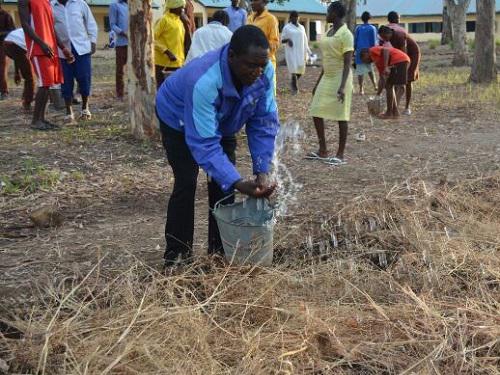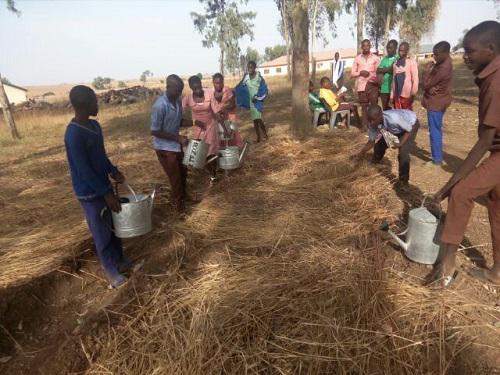Michael Manja Williams
Other projects
21 Feb 2024
Assessing Vulture Population Status, Trends, Distribution, and Chemical Threats Across Nigeria through Spatial Modeling and Environmental Contaminant Analysis
Rural communities in Southern Bauchi State which harbour ‘pristine’ habitats and biodiversity is increasingly at risk due to poverty and ignorance. The situation is worse owing to difficult terrains which makes it hard for such communities to be reached. With urbanization of rural areas becoming unprecedented, an all-encompassing approach is required to achieve good results. By catching them young through series of well organized activities, this project hopes to educate children who will become conservation ‘ambassadors’, teachers to continue facilitating the idea of rural biodiversity conservation and by extension changing the ecologically unfriendly lifestyles of communities hosting the target schools. It’s a rural practical approach towards the protection of biodiversity.

Club facilitator also watering plants after mulching.
The initiative involves the use of Conservation talks and activities that will engage students and the communities in practical conservation practices. They will be grouped and assigned to partake in a ‘save a species’ competition which involves practical ways of saving at least a plant and/or animal of conservation concern in the community. ‘Hands -on, minds-on’ teaching method, will be used with Socratic, group discussion and outdoor learning to create active awareness and willing support for local conservation among the students. Students will be made to undertake conservation tasks such as cleaning and reclaiming polluted land or water, preventing erosion and tree planting. Quiz, debates and conservation essays will be organised at the end of each of the three phases of the project among the students.

Students watering the Friends of the Natures Nursery beds of tree planting project in their school.
With the help of community leaders in each community where the selected primary and secondary schools are situated, community conservation awareness will be scheduled during community meetings. Training sessions on how to efficiently use alternative energy for cooking will be shared with the community members. Also, afforestation programs will be encouraged by first sharing free tree seedlings to them for planting around their homes and farms, and also training them in tree seedling production (raising seedlings) for continuous planting in future. Focus will also be on the alternative source of meat (protein) such as rearing of chickens, rabbit, guinea pigs, ducks and goats, to divert attentions from hunting animals that are in danger of local extinction. Water purification using plant resources such as, Moringa oleifera seeds, will be taught and put in to practice. With this, the students will grow with conservation consciousness and practice and the ecologically unfriendly lifestyles of communities hosting the target schools will also be changed for the better.